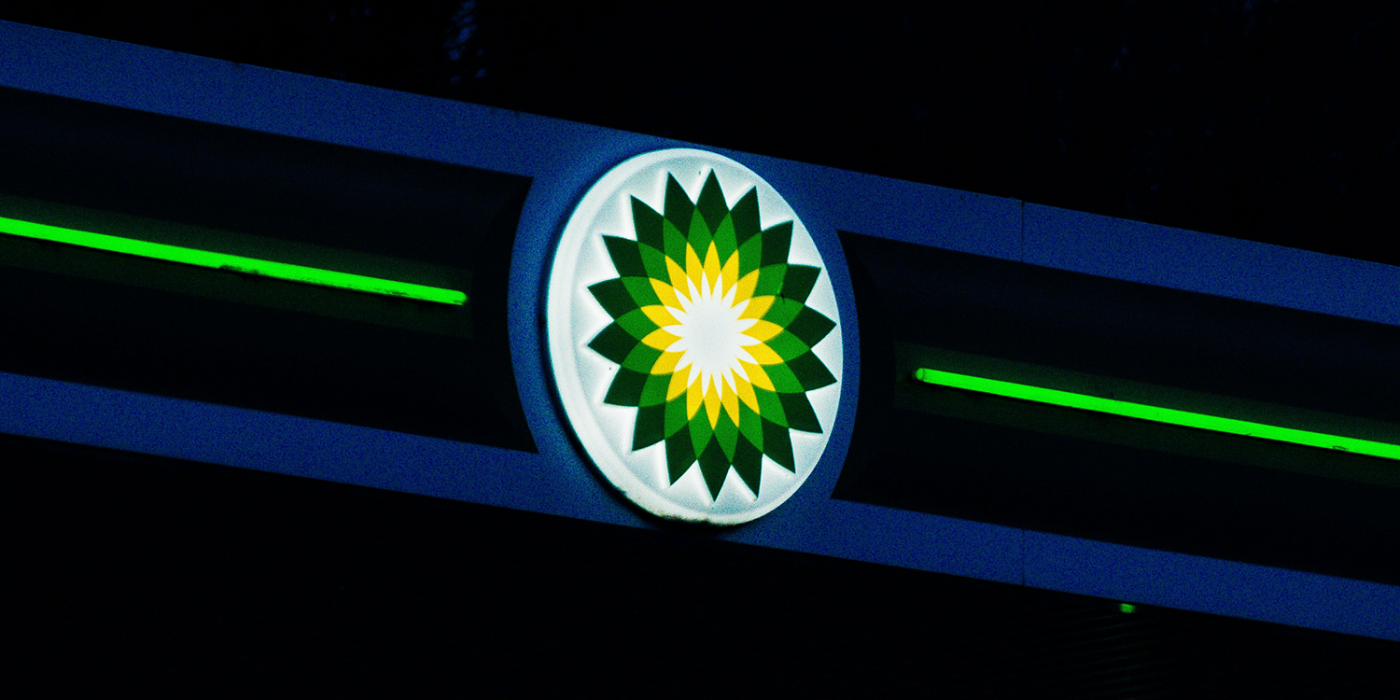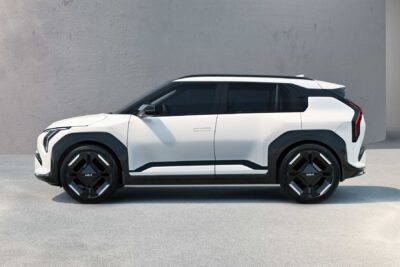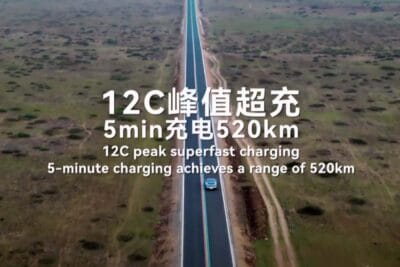BP to invest up to £50 million in battery lab in the UK
BP will invest up to £50m in an EV battery testing centre and analytical laboratory. The site will be located in Pangbourne, Berkshire, at the existing global headquarters for its Castrol business.
The new battery research facilities are planned to “help advance the development of fluid technologies and engineering for hybrid and fully battery electric vehicles”. BP aims to open the site by the end of 2024. The Pangbourne campus is technically already open and currently works on “research and development of fuels, lubricants and EV fluids”. The idea here is to develop advanced e-fluids which are capable of managing temperatures within the battery, enabling ultra-fast charging and improved efficiency, which would then help EVs go further on a single charge and extend the life of the drivetrain system.
Apparently, the analytical lab will find application beyond electric mobility – BP estimates that the technology “can also be applied to thermal management fluids for data centres where demand is rising exponentially”.
“We’re backing Britain. We’re fully committed to the UK’s energy transition,” said Louise Kingham, BP UK’s head of country, adding: “This additional investment will help accelerate the transition to EVs by developing solutions to help decarbonise the transport sector. This is another example of our ambitious plans to do more, and go faster.”
The additional investment comes just before BP’s Q2 profits, which are expected to be quite high due to the soaring oil and gas prices. This gives BP an additional opportunity to get into the emerging charging market. Just a few weeks ago, BP had announced a major investment in Spain and Portugal to set up a charging network with Iberdrola. To serve these charging markets, BP ordered a thousand fast charging stations from Tritium in April, which are to be installed across the UK, Australia and New Zealand. In the UK, this is also being supported by the government with an investment of 1.6 billion pounds to expand their charging network to 300,000 stations by 2030.
cityam.com, energyvoice.com, adwdwd





0 Comments